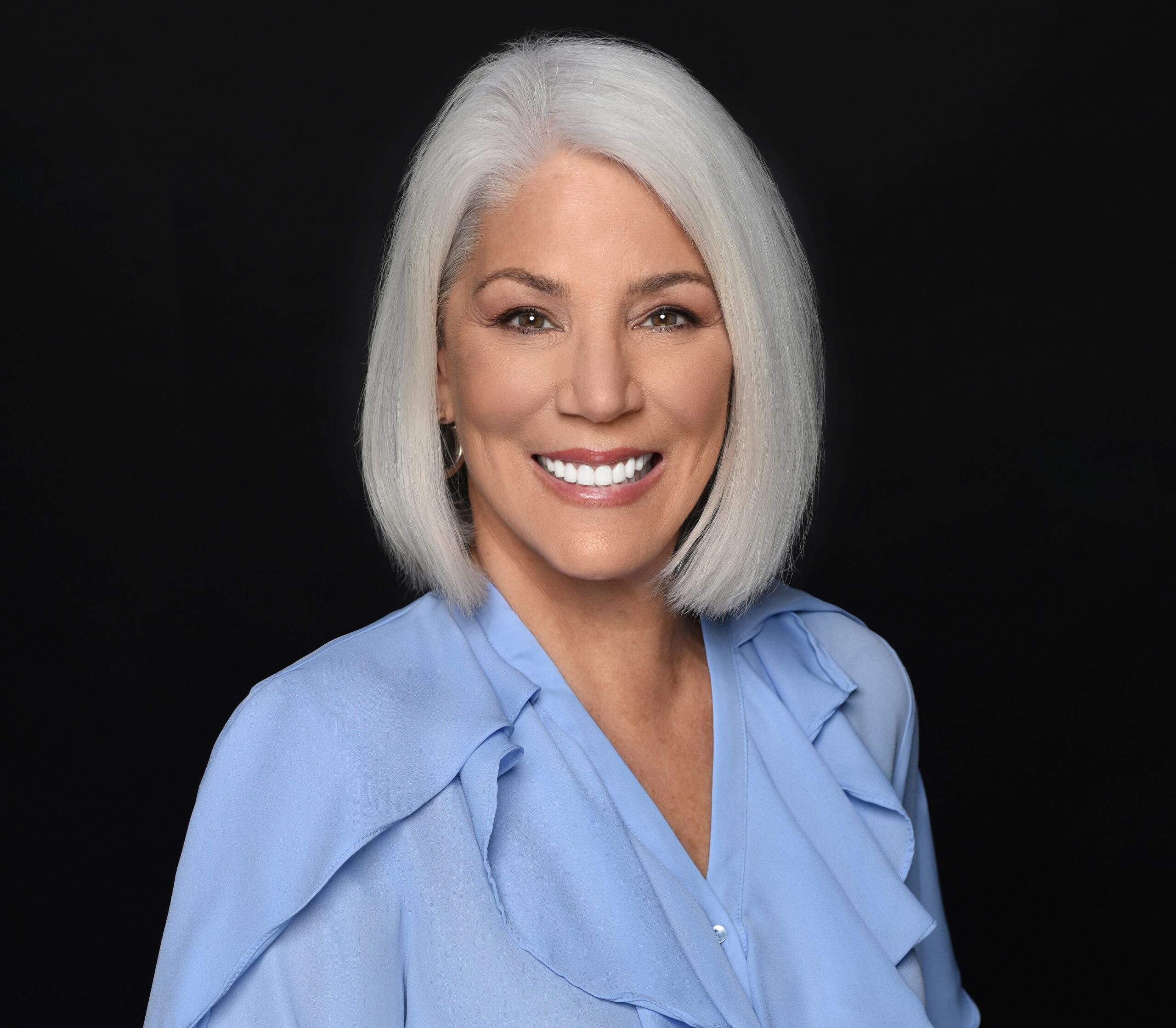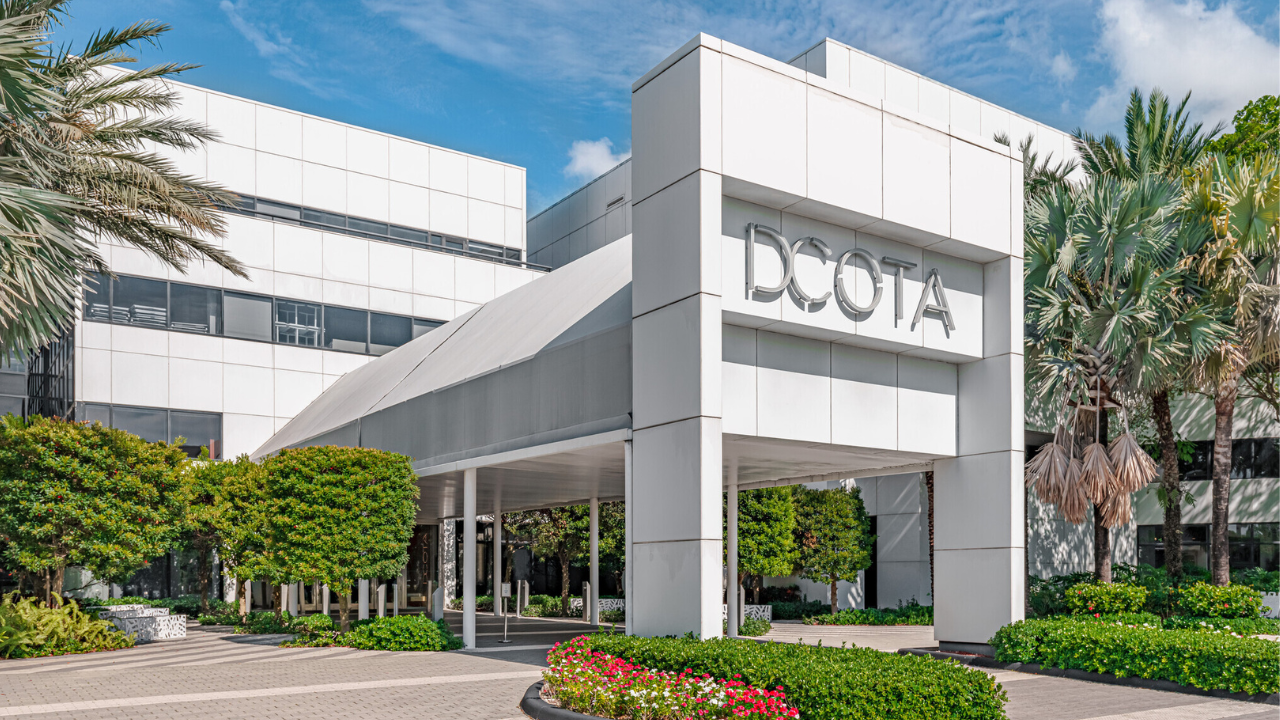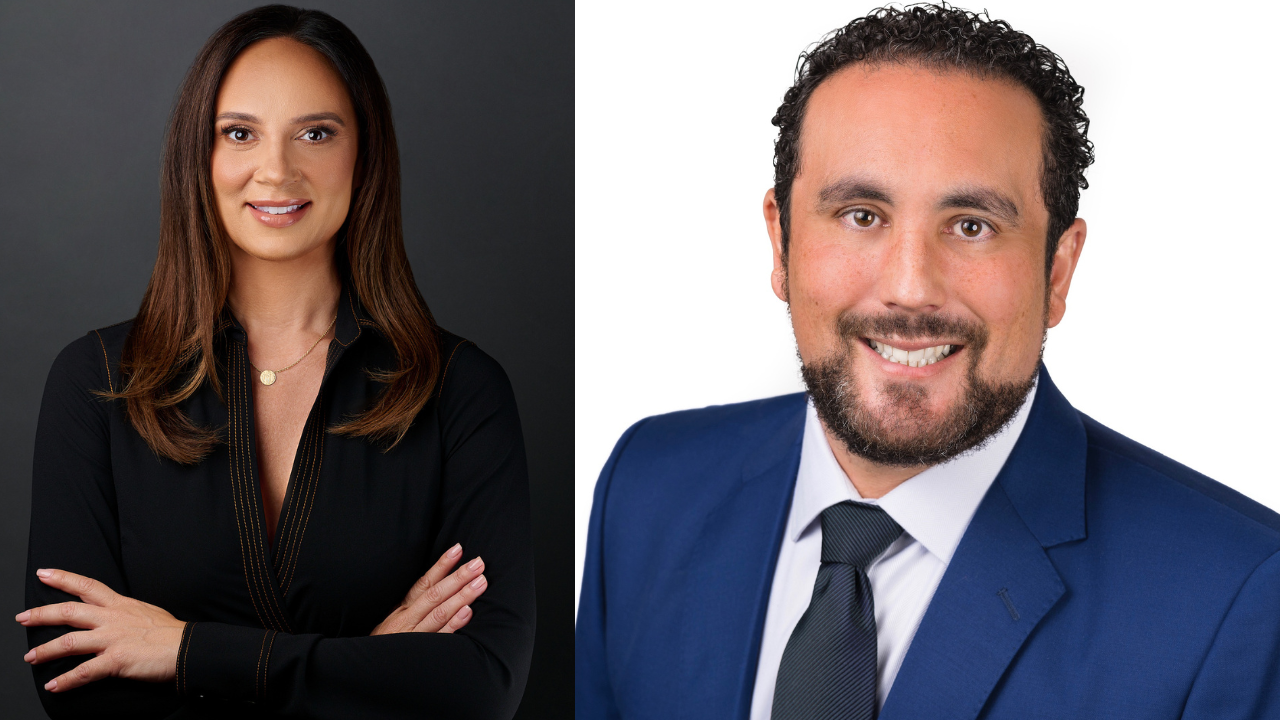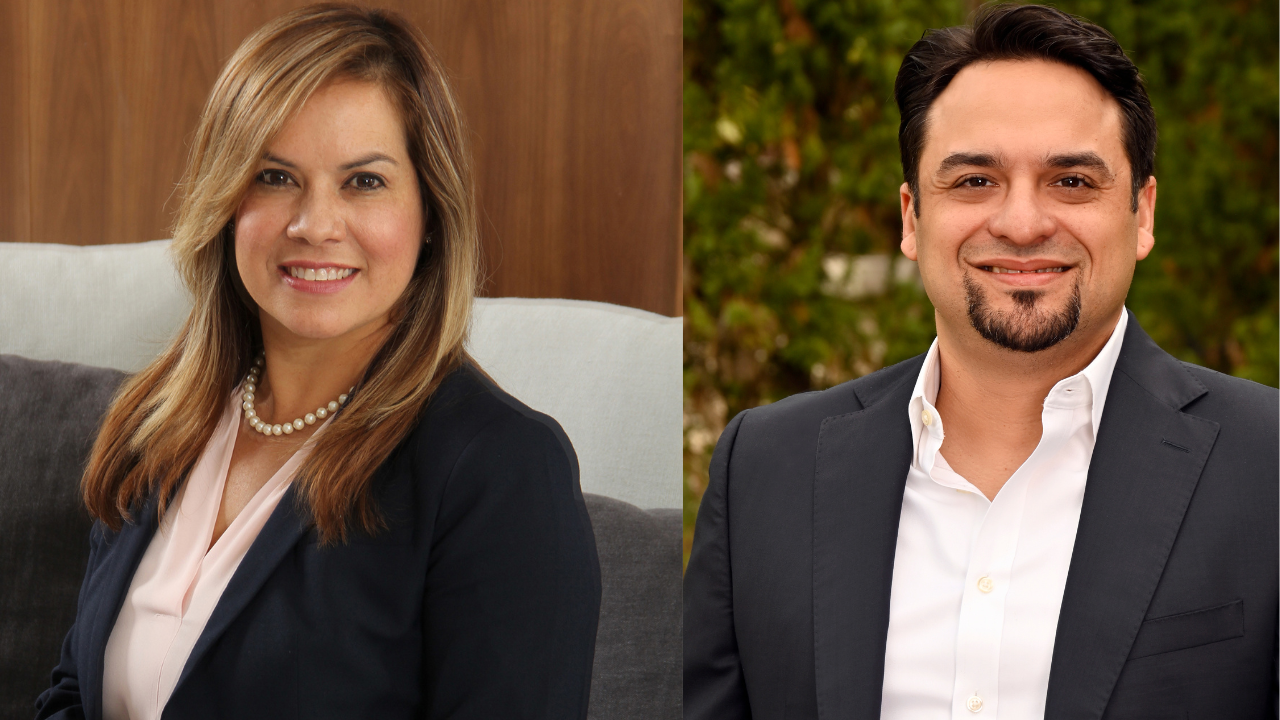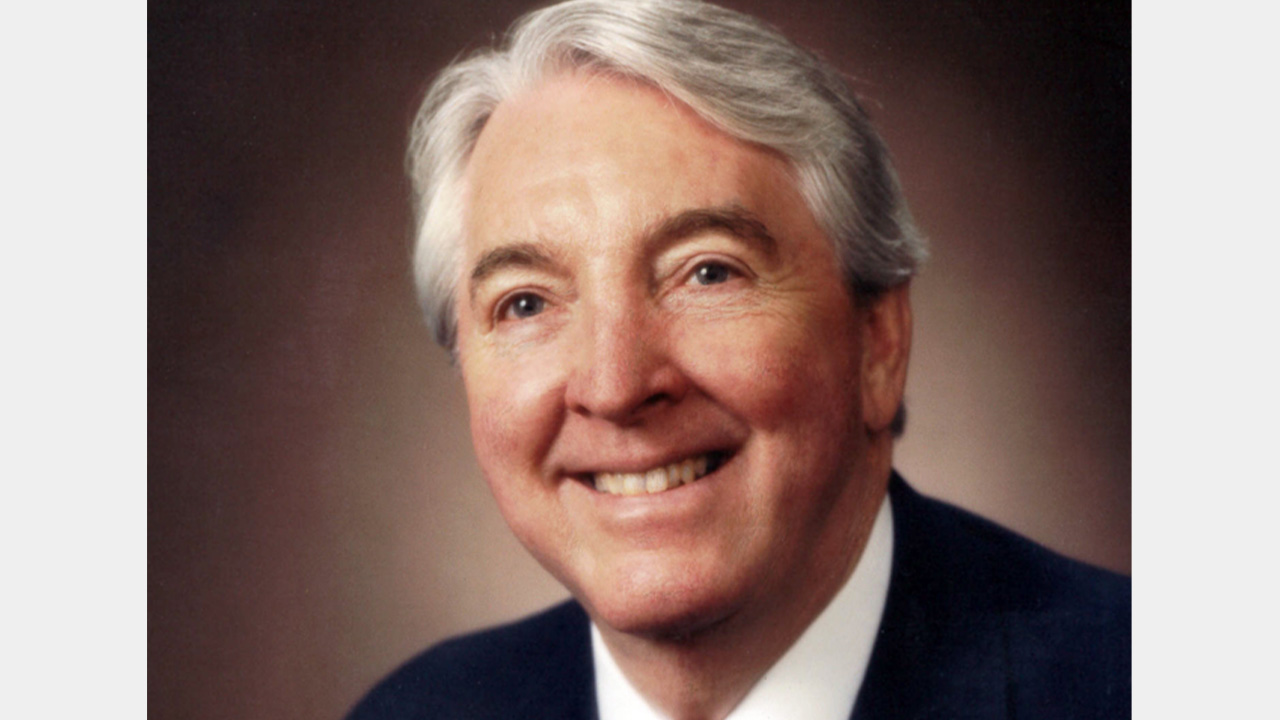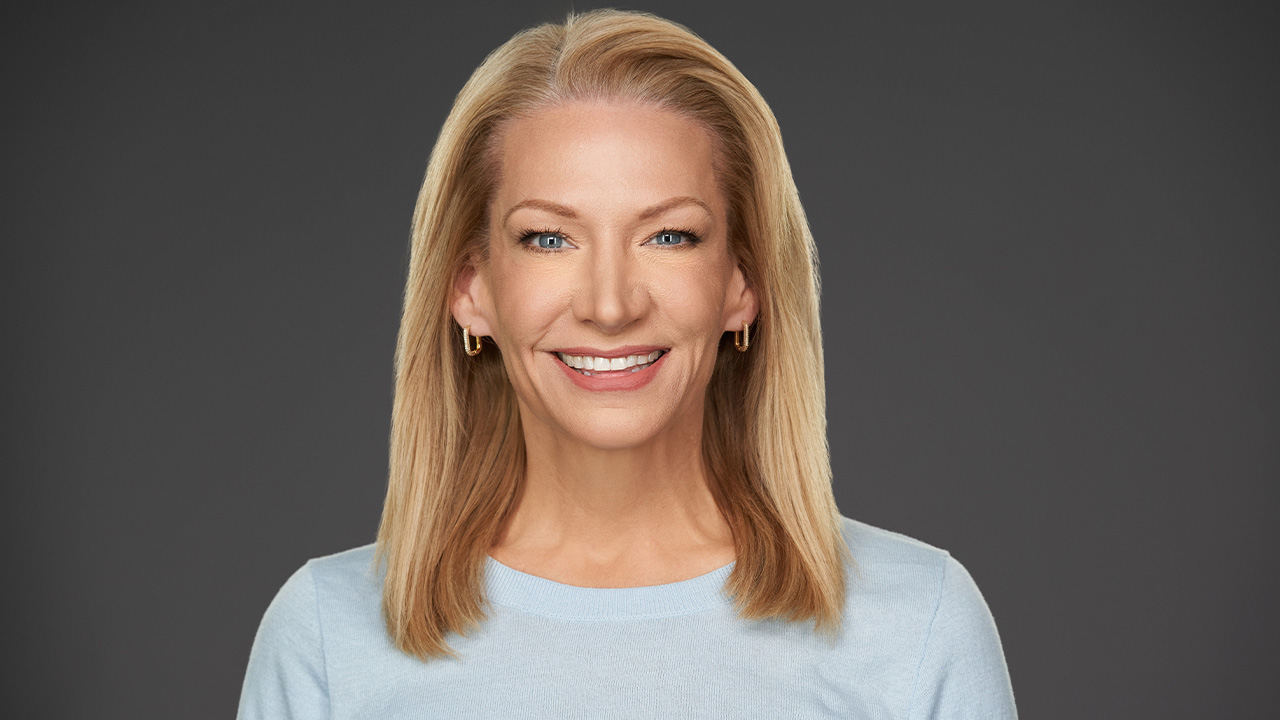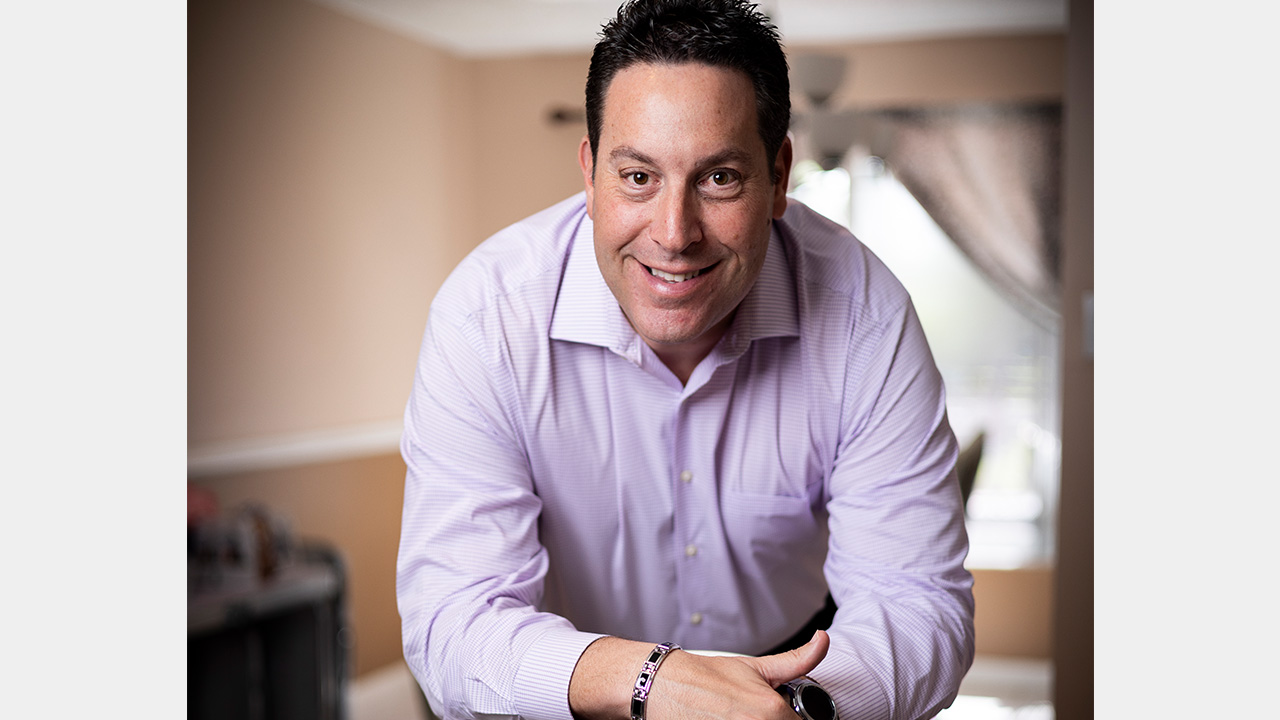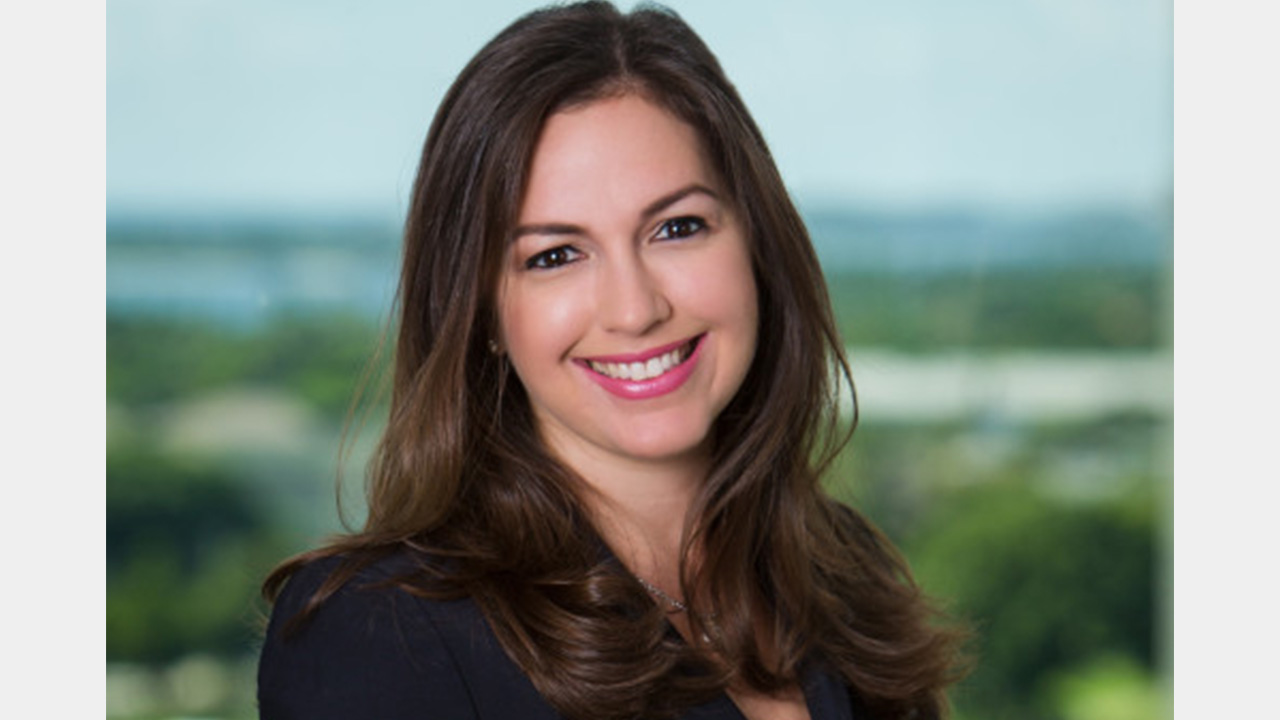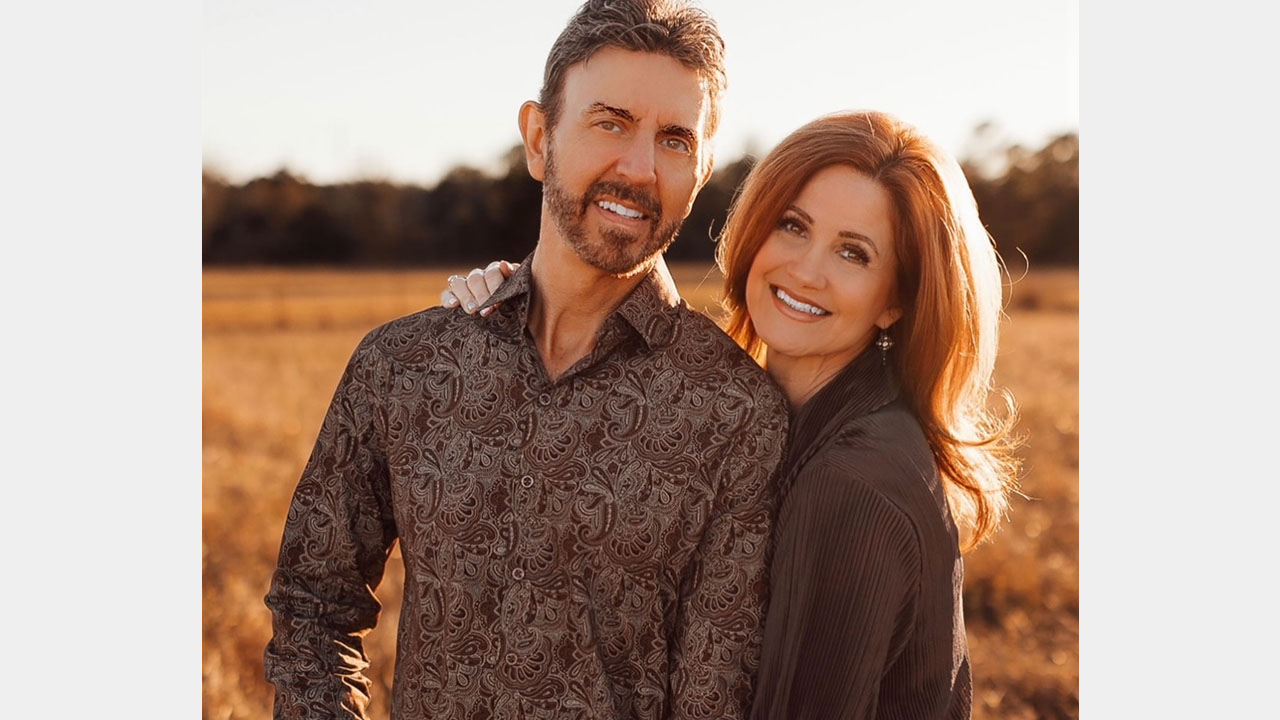Director and EEO compliance officer at Florida Power & Light. Chair of the Florida Commission on Human Rights. President of Top Tier Leadership. Rita Barreto knows the ins and outs of every facet of the employer/employee dynamic. “Most organizations are swimming in Jello and they’re not really taking the time to equip the next generation of leaders,” she says.
Baretto guides businesses out of the Jello—and the quicksand. Plus, she’s chair of the board of directors of Discover the Palm Beaches, evangelizing for the lushly gorgeous place she calls home. Barreto talks to SFBW about interviewing, leadership and the influx of New Yorkers to Palm Beach.
Consulting can seem like a broad term. Let’s home in what you focus on.
When I look at my consulting practice it’s really three primary areas. First is leadership development, which today is so important, because there are so many people exiting the workplace, a lot of talent walking out the door. So I do a lot in this space: training, executive coaching, working with teams. The second area I do a lot of work in is antidiscrimination. Back at FPL, I was the corporate EEO officer, the first diversity officer, and I was appointed by the governor to serve two four-year terms on the Florida Commission on Human Relations, which is the state’s civil rights group. I work with organizations to build respectful work environments. There’s not a shortage of people doing inappropriate, stupid things at work, unfortunately.
What’s the third area?
I’m inundated with strategic planning. It goes hand-in-hand with leadership. Of course, all the planning assumptions that people had in place were different before the pandemic. I’m helping organizations draw a line in the sand about their new reality and what blueprint they need to put in place to make sure they can build a more successful and sustainable future. And I do keynotes and workshops.
How is the employer/employee relationship changing?
When you looked at leadership years ago, it used to be about command and control, and what I know and you don’t know makes me smart, and, unfortunately, some people still think that way. I think employees today are much more knowledgeable, they want to be a part of something bigger, they want to make a difference. And many of them, because of technology, are used to shooting off an email to whomever in the org chart, no really following this rigid hierarchy. I think organizations that are mindful of the fact that leaders today have to have different skills in order to attract, retain and engage the best, and that’s getting people smarter than you, giving them parameters and letting them go.
What are some practical pieces of advice you give employers?
So many interviewers have no clue how to interview employees. I teach them how to ask appropriate questions. In hiring there’s something called behavioral-based interviewing or targeted selection interviewing, and the premise is that past practices dictate future success. Don’t ask questions like, “Can you tell your strengths?” and “Tell me your weaknesses.” All these fluffy questions. Instead, ask them about a time when you had a real difficult customer service experience: “What did you do, and how did it turn out?” Then they have to tell you what they did.
Talk to me about a client when you just couldn’t get through his or her head, and they would tell you that they’re old-fashioned, this is the way we do things, and you’re trying to explain to me how the market has changed.
I had the VP of a local company who asked me to come in because he wanted leadership training for his group—it was a large corporation. He told me he thought leadership development was a waste of time, didn’t believe in it, but wanted to do it because he knew he should. He went on and one and on. He left, and wrote him a two-page letter telling him, I’m not the person for you. If you don’t believe in it, I can’t go through the motions. You don’t believe in your employees and you don’t believe in what I’m doing. So I don’t need your money. I fired him before he fired me.
You’ve been so involved in antidiscrimination training. Have you faced any challenges there?
Back to our previous conversation, with some people you know they’re just checking a box. They want to say they did the training—check! Or they’ll call and say they don’t really want to do the training and ask for a video. I’m like, really? Or, they’ll say, “We don’t want to train our employees; we just want to train leadership because we don’t want our employees to know. And I say, “If something’s wrong, wouldn’t you want to know, so you can fix it?” They don’t want to give them ideas. I say, “Wouldn’t it be healthier if you sent a message that you truly care, that you want to build a respectful workplace?”
Switching gears, tell me about your work for Discover the Palm Beaches.
We’re the tourism arm for Palm Beach County—tourism generated $5.5 billion of economic impact. We recently created a new line: “We’re America’s First Destination.” We attribute that to Henry Flagler, building the railroad and creating the wonderful Breakers. We’re lucky because we have seven miles of coastline, which is gorgeous. We’re the golf capital of Florida and we have spring training for the Marlins, the Cardinals and the Astros. And with all the influx coming in, we’re on the map.
Yes, tell me about the exodus from up north.
It’s very exciting for us. Friends online are always saying, “Where is it that you live? You’re always posting these restaurants, and your hotels are so opulent.” The people moving in from New York, many of them with a lot of wealth, are driving up housing prices. The average home now is $500,000, so the challenge is affordable housing for workers and students. But for the tourism industry, I think we’ll have more wonderful restaurants and culture. It will continue to get better and better.


